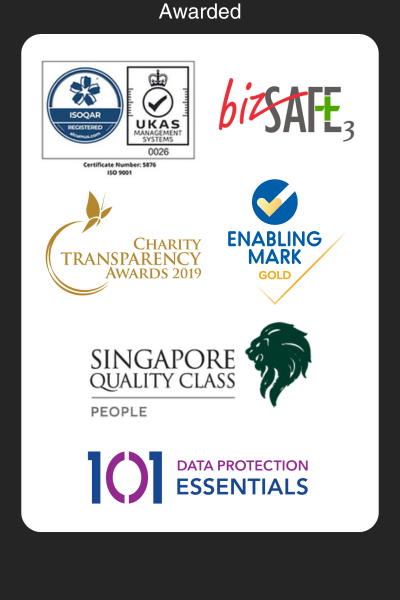Contributed by Ms Evania Yeo, Metta Preschool Educational Psychologist

Children younger than 5 years old who fail to meet expected developmental milestones in multiple areas of motor, speech and language, cognition, social functioning, and activities of daily living are described to be having Global Developmental Delay (GDD). In this article, we share with you on strategies for parenting a child with GDD.
Children with GDD often experience difficulties with academic work. They may also face challenges in social skills and poor daily living skills such as feeding or dressing. If left untreated, this may contribute to behavioural problems such as task avoidance, low self-esteem or depression.
To help your child with learning difficulties, it is important for you to understand his current level of functioning. Learning is more effective when adults use multiple modalities (visual, auditory, tactile, and kinaesthetic) to guide them.
For example, when teaching a child to recognise an alphabet, parents can use the following methods:
- Visual learning: use Flashcards that show the letter A, read books and look for words that contain the letter.
- Auditory learning: Play songs that reinforce letter A, such as the ABC song, or phonics songs.
- Tactile learning: Practice writing letter A on paper, chalkboard, sand or finger paint the letter. Or create the letter with clay.
- Kinaesthetic learning: Find letter A in a child’s environment, such as on car plates and posters.Play games like freeze game or dance to the YMCA song.
Parents can read up more about the stages of communication from the book “More Than Words”, by Fern Sussman. The book provides practical strategies for each stage, increasing their understanding of activities so that they can respond to what their parents say.
Parents are encouraged to plan activities before carrying them out with their child, and think about their own teaching methods and interaction to better improve on them.
Parenting is never an easy job, so remember to reward yourself and your child at the end of the day for the good effort!


